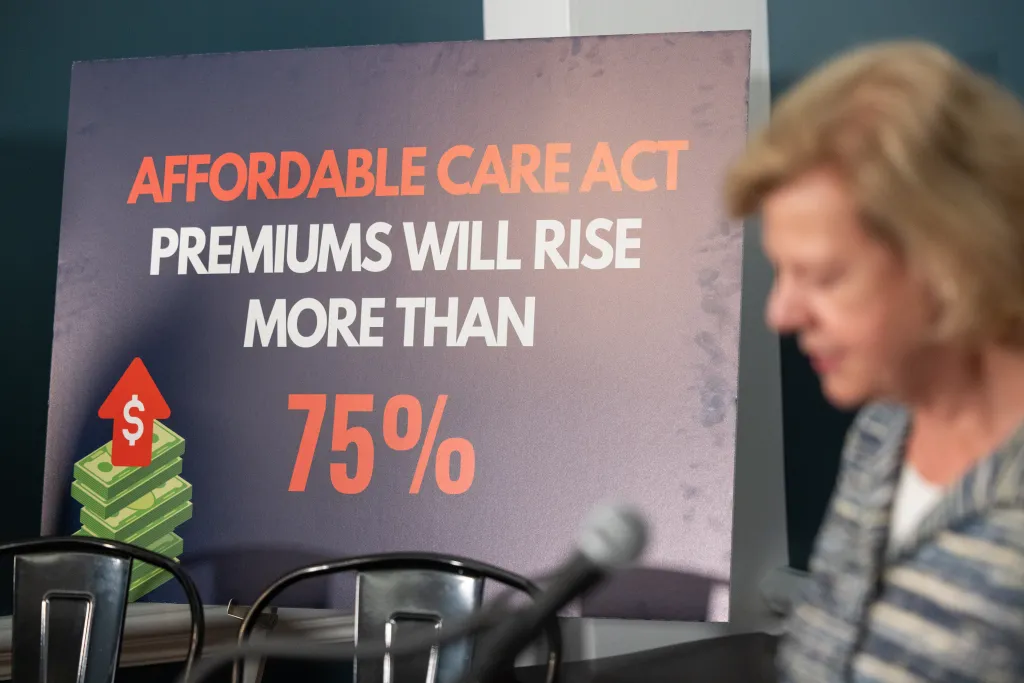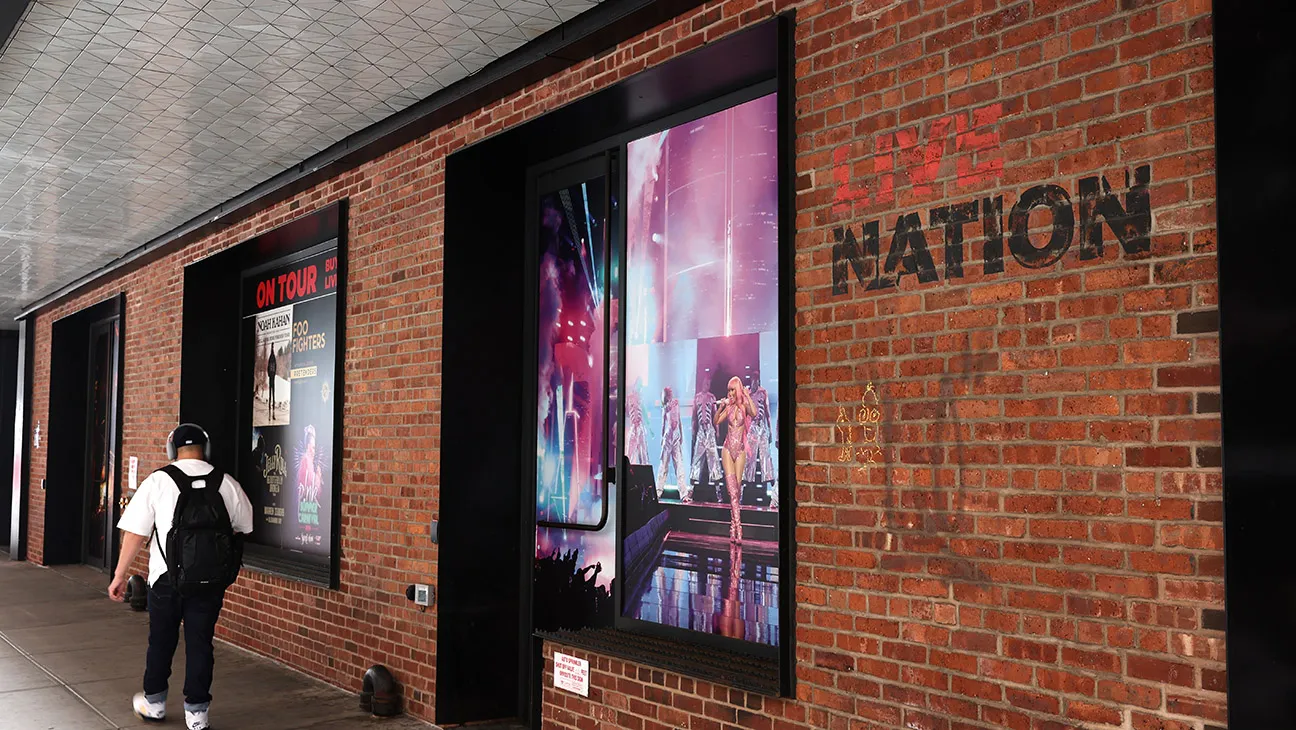By James C. Capretta,Nathan Posner
Copyright thedispatch

Site-neutral payments in Medicare. Currently, Medicare’s payment regulations allow hospitals to buy up outpatient sites and add to their revenue by charging a facility fee on top of the regular outpatient rate. Free-standing sites get paid less because they are not permitted to add a facility surcharge. This differential has rewarded consolidation in the industry at the expense of taxpayers. CBO estimates that a site-neutral policy, which eliminates the opportunity for a gratuitous facility fee, would produce at least $150 billion in savings over 10 years. Fixing the problem in Medicare also would have positive spillover effects in the private market by encouraging more competition and corresponding adjustments to the payments made by private insurers for the affected services.
A risk adjustment correction in Medicare Advantage. Numerous independent studies have documented that Medicare Advantage (MA) plans are overpaid by the government in part because Medicare’s risk-adjustment system is open to manipulation. In effect, MA insurers inflate what they are paid by submitting data that overstates the health risks of their patients. Congress can fix this problem by requiring the Centers for Medicare and Medicaid Services to adjust what MA plans are paid to correct for the excesses of the existing risk adjustment model. A moderate recalibration would reduce future Medicare spending by at least $500 billion over a decade. There would also be positive spillover effects in the overall market because the insurers offering MA plans would be forced to tighten their cost controls to make up for lost income from Medicare, which would then lead to tighter cost controls in their other lines of business.



